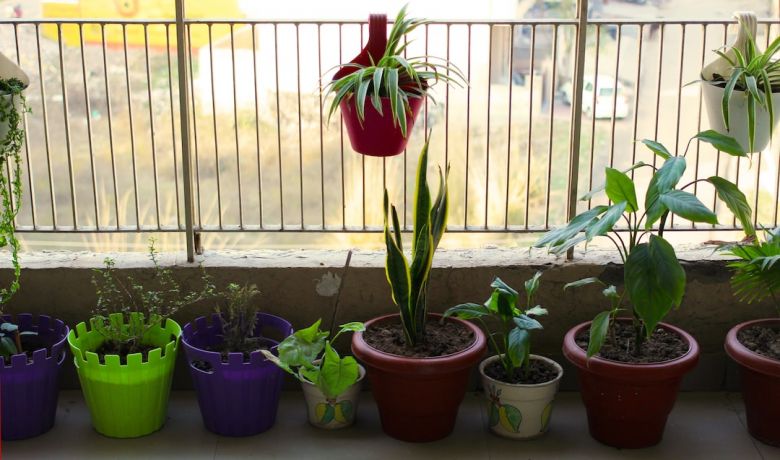How Can I Make My Balcony Gardening-friendly?

Creating a garden on your balcony is a fantastic way to bring the beauty of nature into your urban living space. But how can you make your balcony gardening-friendly? In this article, we will explore some tips and tricks to help you transform your balcony into a thriving garden oasis.
Choosing the Right Plants
The first step in making your balcony gardening-friendly is selecting the right plants. Consider the amount of sunlight your balcony receives throughout the day. Does it get full sun, partial shade, or full shade? This will determine which types of plants will thrive in your space.
For balconies with full sun, opt for sun-loving plants such as herbs, tomatoes, peppers, and flowers like petunias and marigolds. If your balcony only gets partial shade, try growing leafy greens, ferns, and impatiens. And if your balcony is mostly shaded, go for shade-loving plants like hostas, ferns, and begonias.
Choosing the right plants for your balcony’s conditions will ensure that they have the best chance of survival and growth.
Container Gardening
One of the most important aspects of balcony gardening is container selection. Since you have limited space, it’s crucial to choose containers that are suitable for your plants and your balcony.
Consider the size of your balcony and the amount of space you have available. If you have a small balcony, opt for compact containers like hanging baskets or vertical planters. These will allow you to maximize your space and grow more plants.
Additionally, choose containers that have adequate drainage holes to prevent waterlogged soil. This is especially important for balcony gardens since excess water cannot drain into the ground. You can also use saucers or trays under your containers to catch any excess water and prevent it from dripping onto your balcony floor.
Soil and Fertilizer
The quality of your soil is crucial for the success of your balcony garden. Use a high-quality potting mix that is specifically designed for container gardening. These mixes are lightweight and well-draining, which is essential for balcony gardens.
To ensure that your plants receive the necessary nutrients, consider adding organic fertilizers to your soil. You can find a variety of organic fertilizers specifically formulated for container plants. Follow the package instructions for application rates and frequency.
Watering and Maintenance
Proper watering is essential for the health of your balcony garden. Since containers have limited soil volume, they can dry out quickly, especially during hot summer months. Check your plants regularly and water them when the top inch of soil feels dry. Avoid overwatering, as this can lead to root rot and other issues.
In addition to watering, regular maintenance is essential for balcony gardens. Remove any dead or yellow leaves, and prune your plants as necessary to promote healthy growth. Regularly inspect your plants for pests and treat any infestations promptly.
Creating a Relaxing Atmosphere
Lastly, don’t forget to create a relaxing atmosphere on your balcony. Add some comfortable seating, such as a small bistro set or a cozy lounge chair, where you can sit and enjoy your garden. Incorporate some decorative elements like colorful cushions, lanterns, and potted plants to enhance the ambiance.
Consider adding some wind chimes or a small tabletop fountain for soothing sounds. Hanging string lights or installing solar-powered garden lights can also create a magical atmosphere for evening enjoyment.
Conclusion: Embrace the Greenery
In conclusion, making your balcony gardening-friendly is all about choosing the right plants, selecting suitable containers, using quality soil and fertilizer, and maintaining proper watering and care. By following these tips and creating a relaxing atmosphere, you can transform your balcony into a lush and inviting garden retreat. Embrace the greenery, and enjoy the beauty of nature right at your doorstep.




